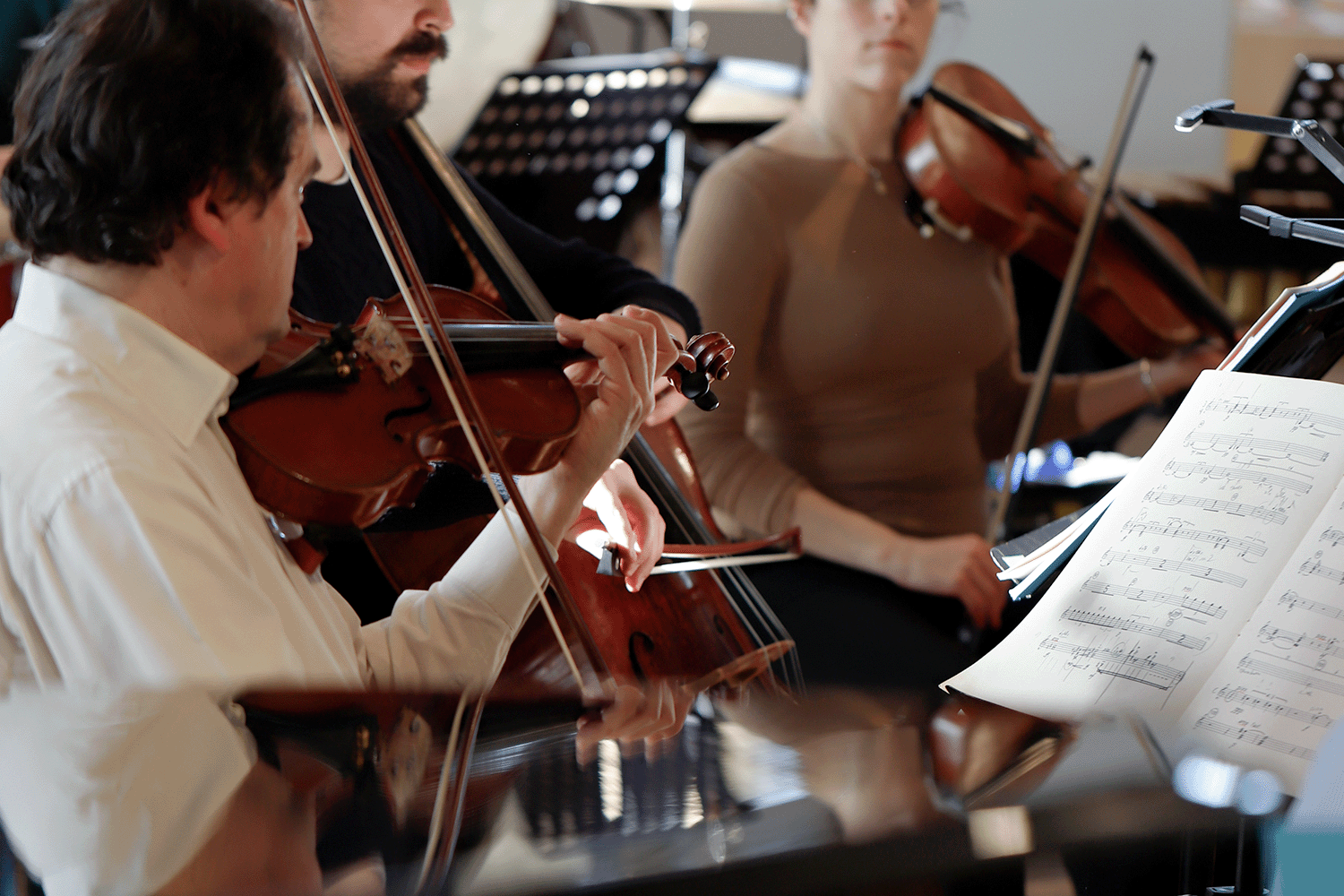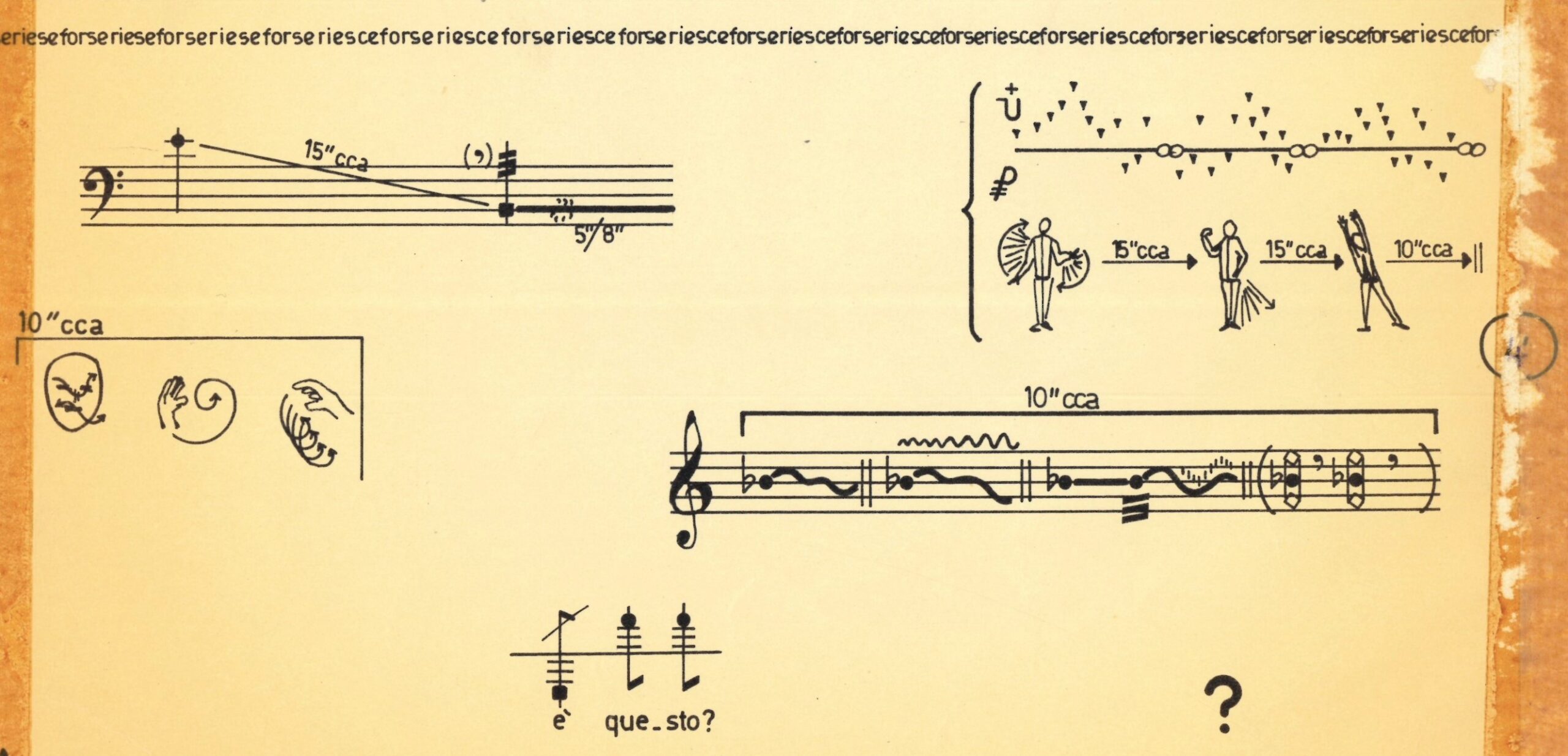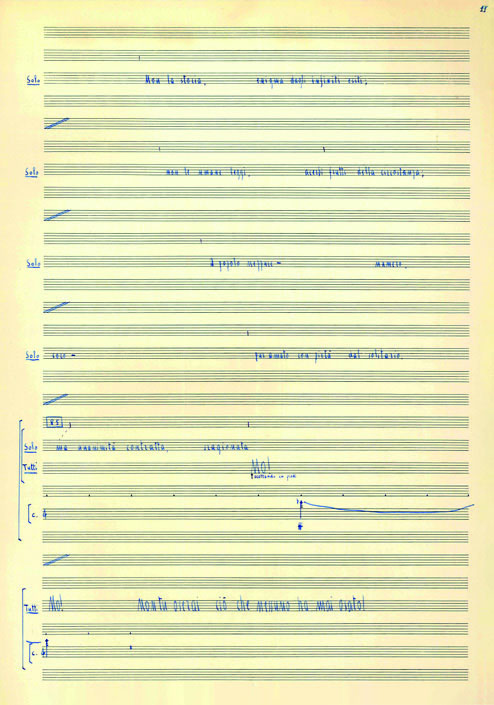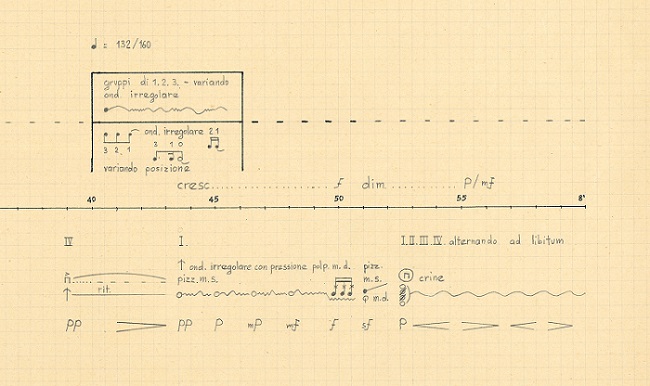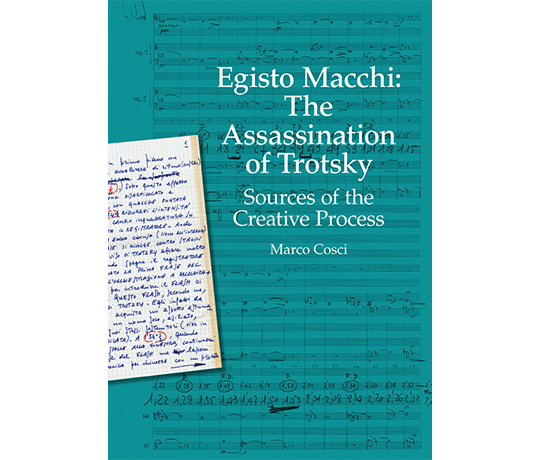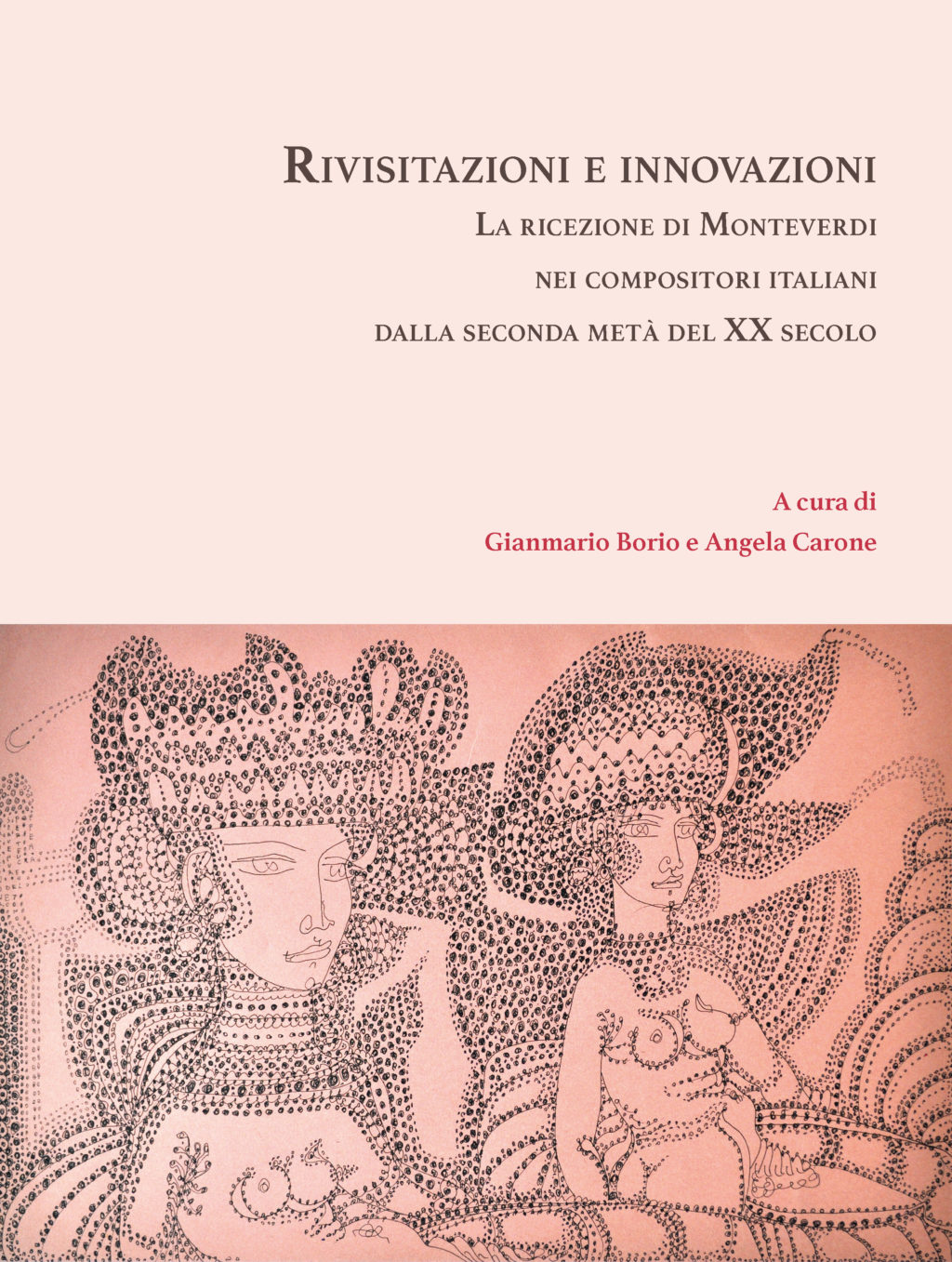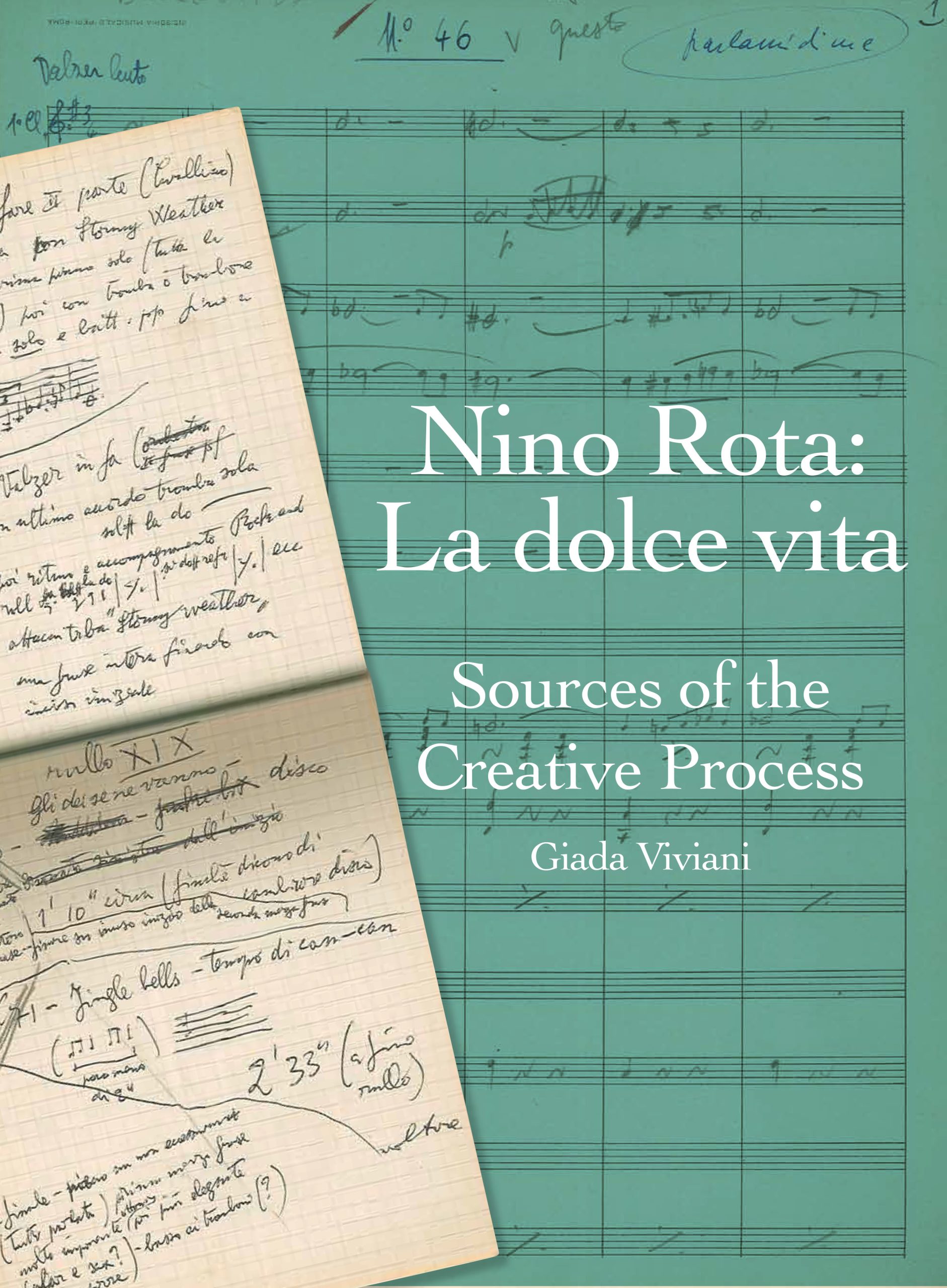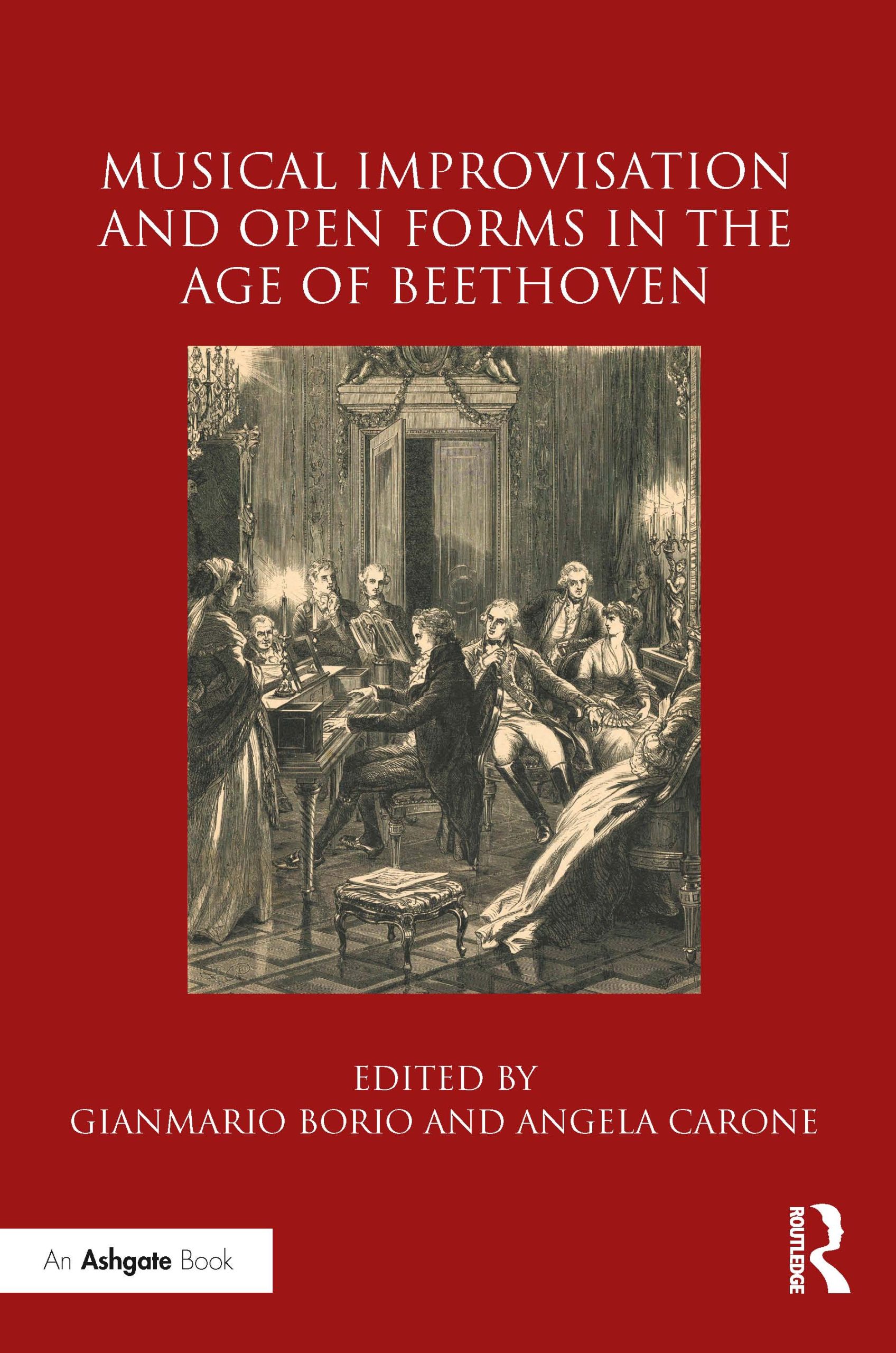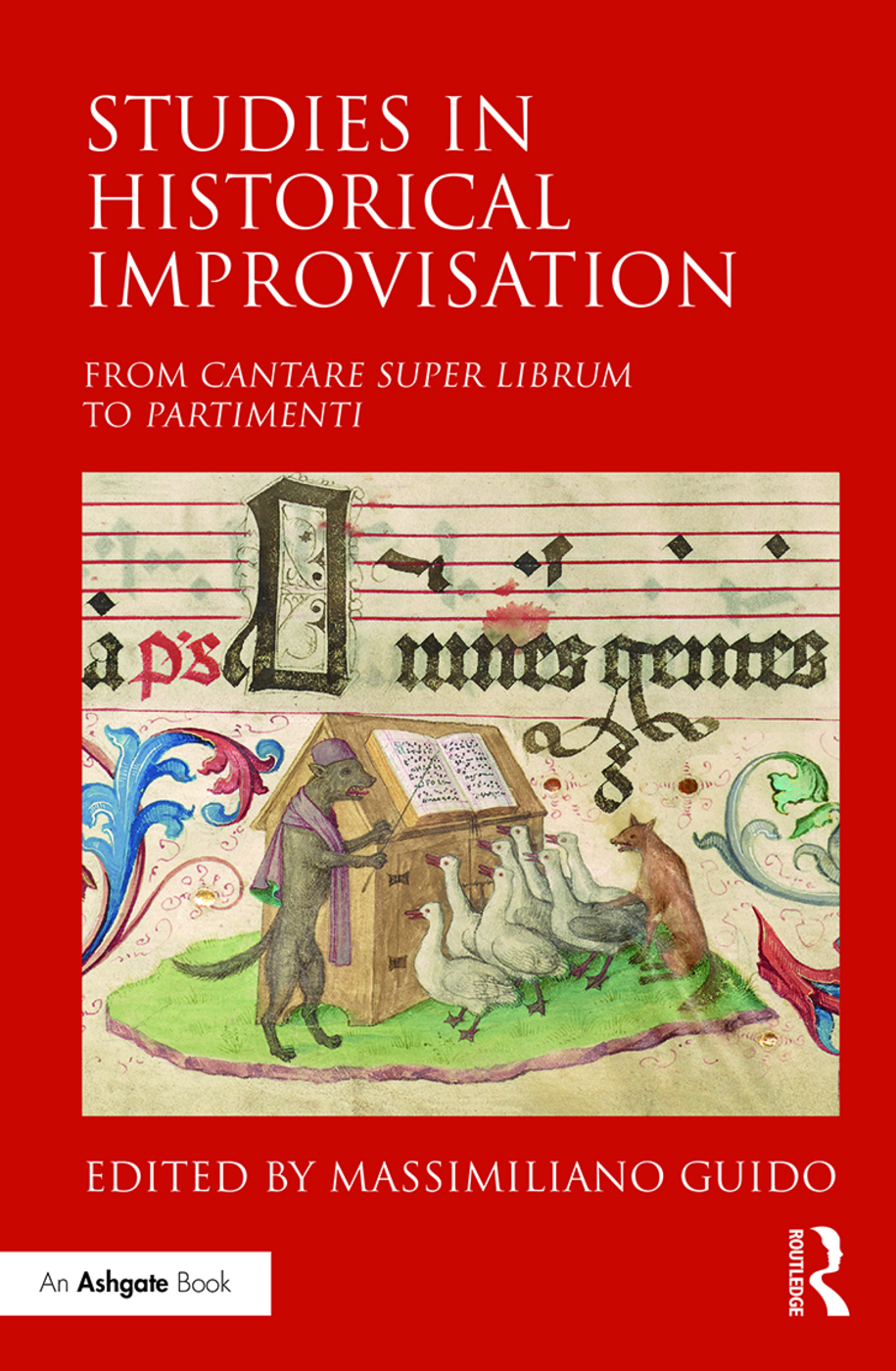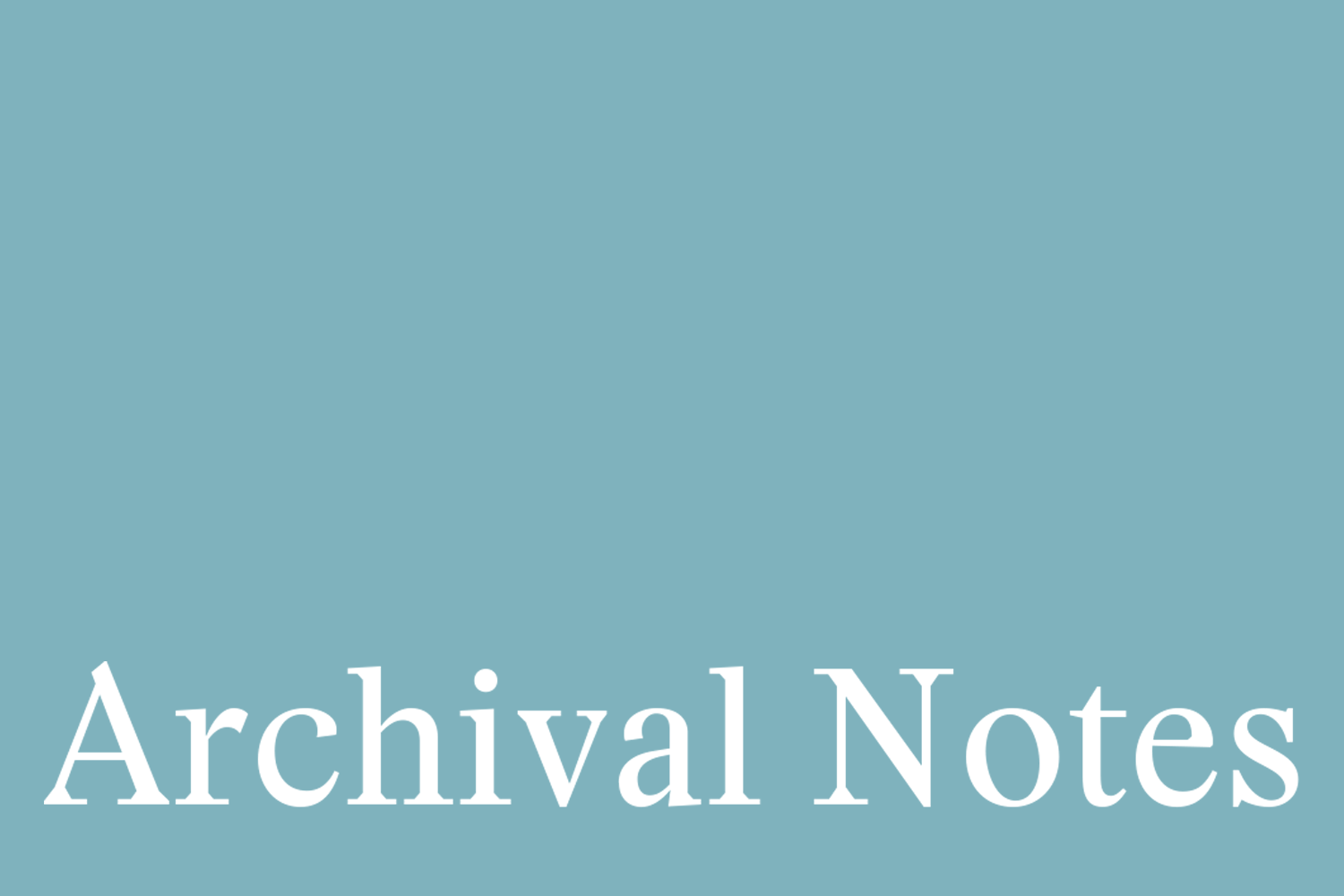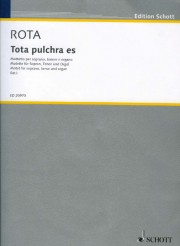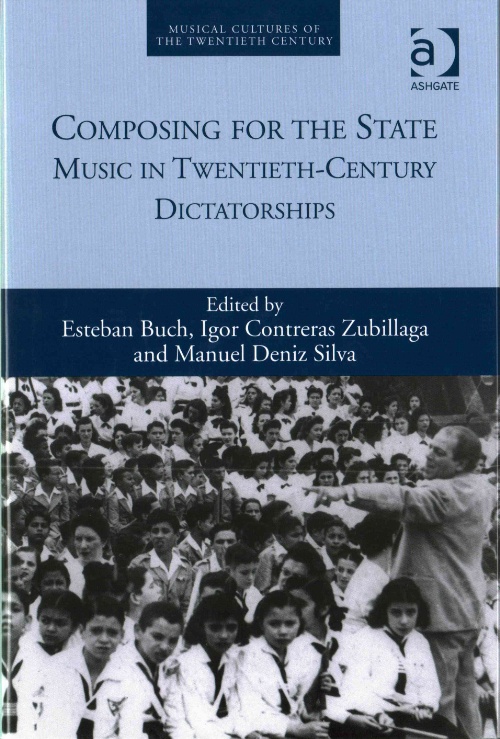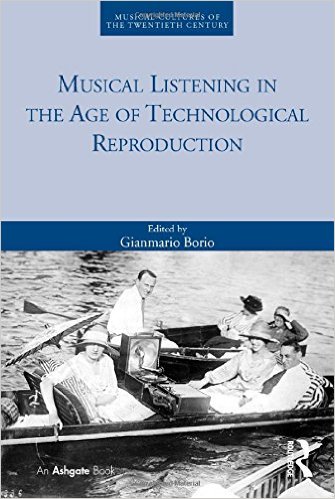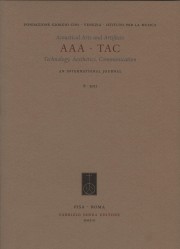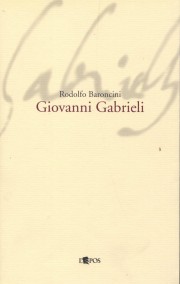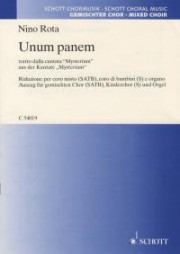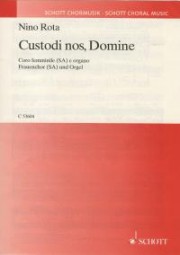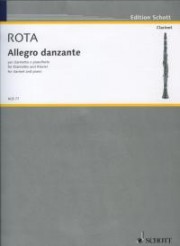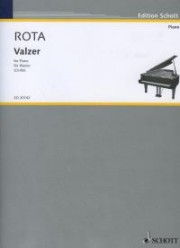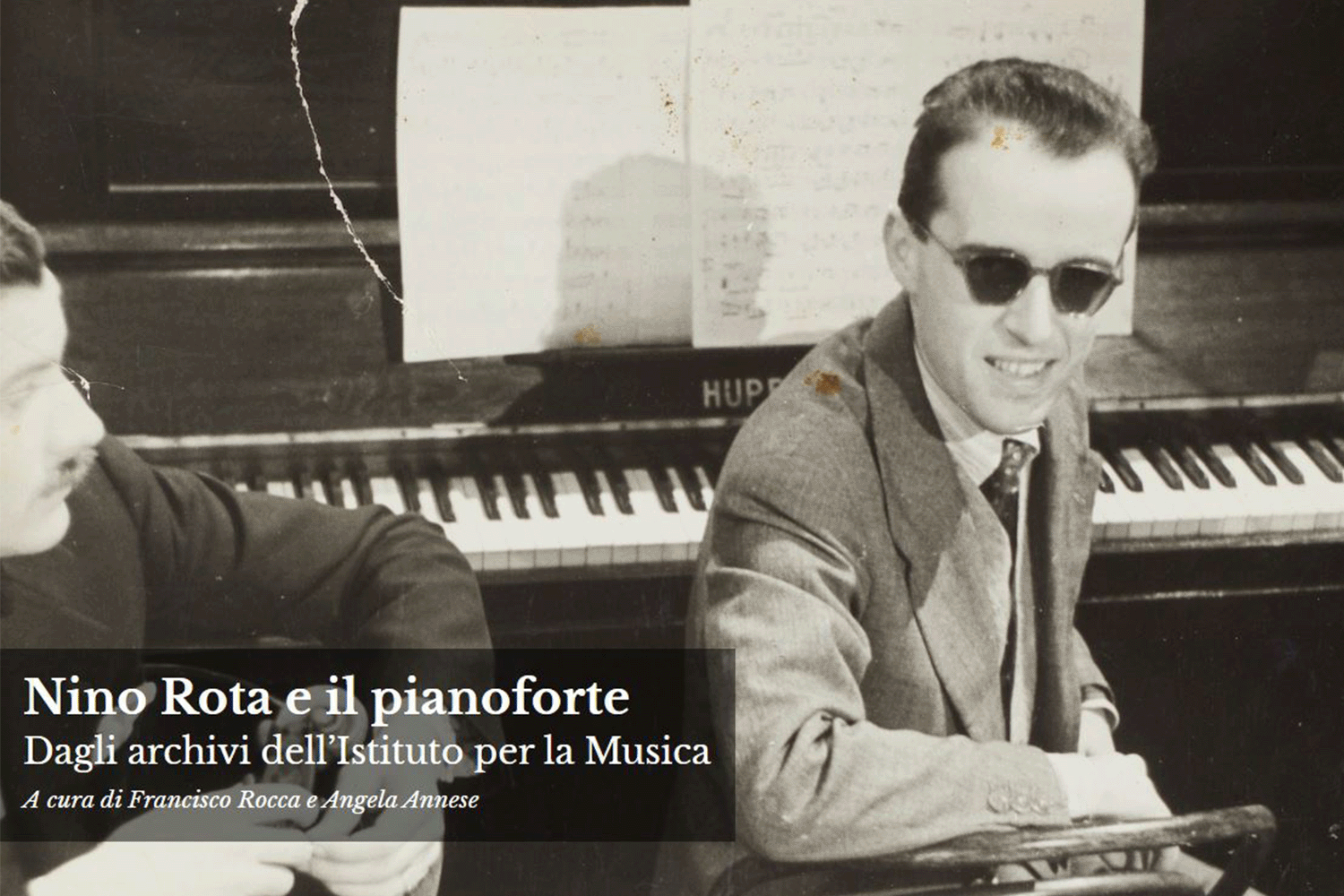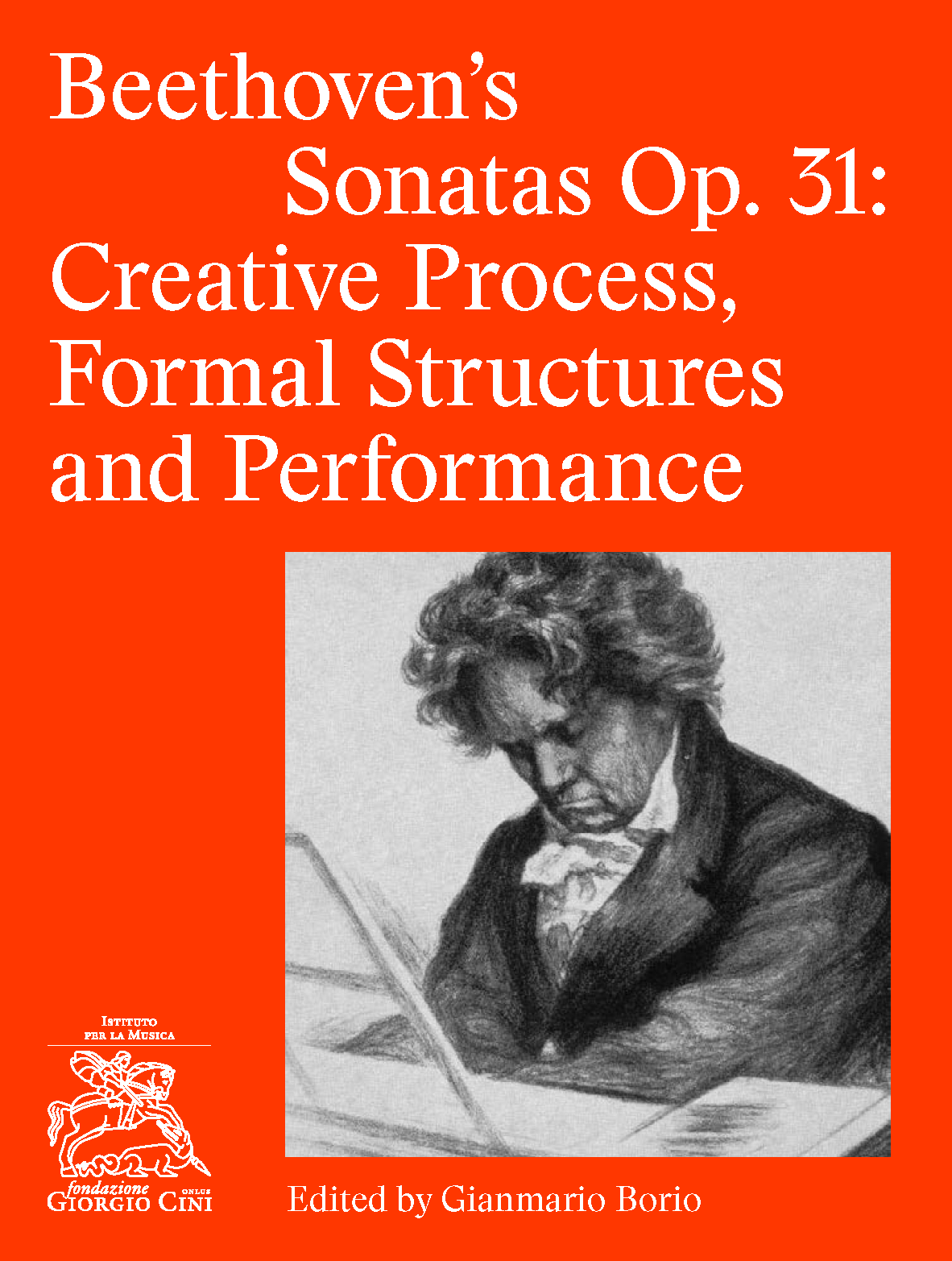
The Institute for Music continues its online publishing activities on the Open Monograph Press platform of the Fondazione Giorgio Cini.
Beethoven’s Sonatas Op. 31: Creative Process, Formal Structures and Performance
The three piano sonatas Opus 31, which even at the time of their publication and first performances were described as works of “great style”, reveal significant deviations from the formal models that Beethoven himself had helped to consolidate. Carl Czerny regarded them as key evidence of the “new way” that the composer had indicated as necessary for his artistic evolution. The fact that they were composed at the same time as the Third Symphony (Eroica) and the Heiligenstadt Testament further underlines their significance. The peculiar structure of the themes and the ambiguity of the formal functions, which emerge most clearly in the second sonata (The Tempest), reveal a propensity for experimentation that has posed almost insurmountable challenges to generations of performers and theorists. This book is the final outcome of a project that began in 2021 with a workshop where studies by musicologists came to grips with issues of performance practices on both the fortepiano and modern piano. As well as an interview with Andreas Staier, the pianist who coordinated the practical sessions of the workshop, there are essays by Gianmario Borio (on the history of the analyses of these sonatas), Hans Joachim Hinrichsen (on styles of interpretation), Janet Schmalfeldt (on compositional technique) and Martina Sichardt (on the sources of the genesis).
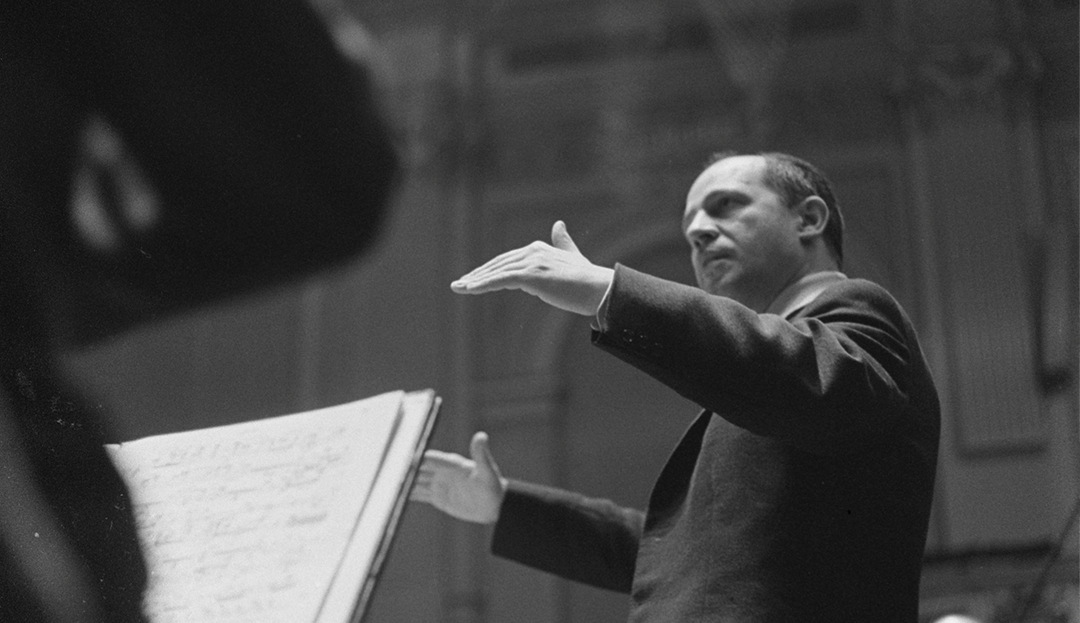
With his threefold activity as composer, conductor and theorist, Pierre Boulez profoundly influenced twentieth-century musical thought.
On the occasion of the hundredth anniversary of his birth, a workshop in the Research- Led Performance cycle focusing on conducting orchestral ensembles is offered. The programme, coordinated by Marco Angius, includes four compositions that reflect Boulez’s sound world: Anton Webern’s Symphony op. 21, Edgard Varèse’s Octandre, Pierre Boulez’s Mémoriale, and Niccolò Castiglioni’s Tropi. Eight young conductors who have shown interest and aptitude for the repertoire in question are to be selected through a call for applications. Practical sessions alternate with theoretical sessions held by Pietro Cavallotti, Paolo Dal Molin, Massimiliano Locanto and Francisco Rocca.
The workshop ends with a concert on 7 March, at 6 p.m., in the Sala degli Arazzi of the Foundation, at the conclusion of a three-day workshop focused on conducting orchestral ensembles, within the Research-led Performance cycle.
The concert programme includes performances of pieces by Niccolò Castiglioni, Tropi (1959, for chamber ensemble), Pierre Boulez, Mémoriale (1985, for solo flute and eight instruments), Edgard Varèse, Octandre (1923, for eight instruments) and Anton Webern, Sinfonia op. 21 (1928).
Concert | 6 p.m.
Call for Application “Research-led Performance”: Music for Ensemble Around Pierre Boulez
Deadline 14 February 2025
Workshop with Marco Angius and soloists of the Orchestra di Padova e del Veneto
From 5 to 7 March 2025 the Institute for Music of the Giorgio Cini Foundation in Venice, in partnership with the Orchestra Foundation of Padua and Veneto, is organising a workshop in the Research-led Performance cycle aimed at young conductors (age limit: 35 years) interested in an in-depth study of 20th century instrumental music.
The call for applications is aimed at the study, concerting and conducting of the following works:
– Simphony op. 21 by Anton Webern (transcription for chamber orchestra),
– Octandre by Edgard Varèse,
– Mémoriale by Pierre Boulez,
– Tropi by Niccolò Castiglioni.

An open-access, peer-reviewed journal, curated by the Institute for Music of the Giorgio Cini Foundation. With an interdisciplinary approach, Archival Notes. Source Studies in Twentieth and Twenty-First-Century Music is dedicated to the research of musical sources from the twentieth and twenty-first centuries.
Articles
- Claudia Di Luzio, Rendering Voices Independent – Smorfie and Sogni: On the Dramaturgy and Text-Music Relationship in Fausto Razzi’s Music Theatre Work
- Luigi Manfrin, Fausto Romitelli’ “Syntactic Pertinences” of Timbre: Analytical Notes on Lesson II of Professor Bad Trip
- Franco Sciannameo, Nino Rota. Sonata per viola e pianoforte (1934-35): Genesis and Performing Alternatives
- Francesca Scigliuzzo, Searching for Something Other Than Sound: Proposal for a Study of the Materials for Domenico Guaccero and Michiko Hirayama’s Esercizi per voce sola (1965; 1971)
- Paolo Somigli, Music in Interaction With Other Arts: Florence in the 1960s and the Experience of Gruppo 70
A Performer’s Eye
- Aldo Orvieto, Notational Aspects in the Piano Works of Camillo Togni (1937-47): The Case of the Sonata Op. 9 for Cello and Piano
The eighth issue of Archival Notes is available for download and consultation on the OJS platform of the Fondazione Giorgio Cini.
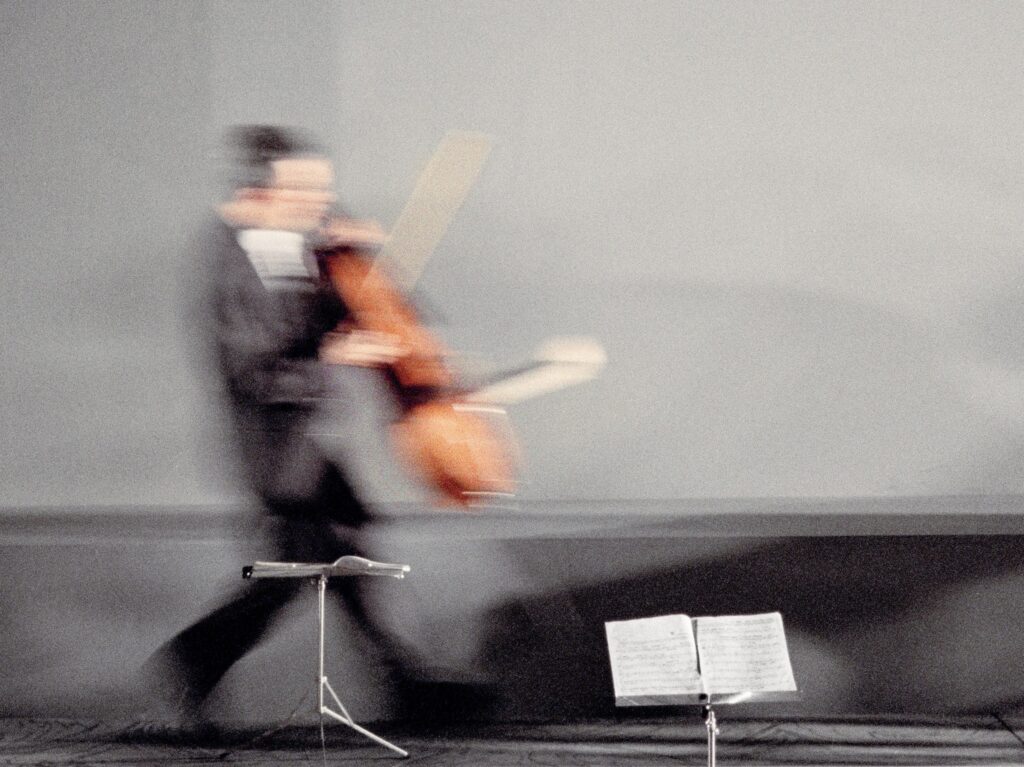
This workshop is part of the Research-led Performance series, one of the most popular and esteemed activities at the Institute for Music since its inaugural edition in 2016.
Our guest lecturer for 2024 is Lucas Fels, cellist of the Arditti String Quartet and professor at the Frankfurt University of Music and Performing Arts. A masterful musician, Fels combines his expertise with a keen interest in philological aspects and theoretical reflection. The workshop will focus on works for solo cello by Italian composers, with particular attention to the collections preserved at the Institute for Music. The following compositions will be studied:
- Luigi Dallapiccola, Ciaccona, Intermezzo e Adagio (1945);
- Renato de Grandis, Serenata seconda (1970);
- Giacomo Manzoni, Freedom (2001);
- Ernesto Rubin de Cervin, Omaggi (2002).
The workshop is aimed at young cellists with a strong ability to understand and interpret research and experimental music. The program includes both practical and theoretical sessions, as well as a final concert featuring performances by a select group of workshop participants. The practical sessions will be led by Lucas Fels, while the theoretical sessions, open to the public, will be given by musicologists Gianmario Borio (Director of the Institute of Music and Professor at the University of Pavia), Francisco Rocca (scientific collaborator at the Institute of Music) and Francesca Scigliuzzo (doctoral student at the University of Udine) they will address various aspects of the works being studied. Giacomo Manzoni’s participation is expected.
Call for applications for 8 cellists with scholarships
Download WorkshopVioloncelloBandoING_DEF (dec)
Application deadline: 25 October 2024
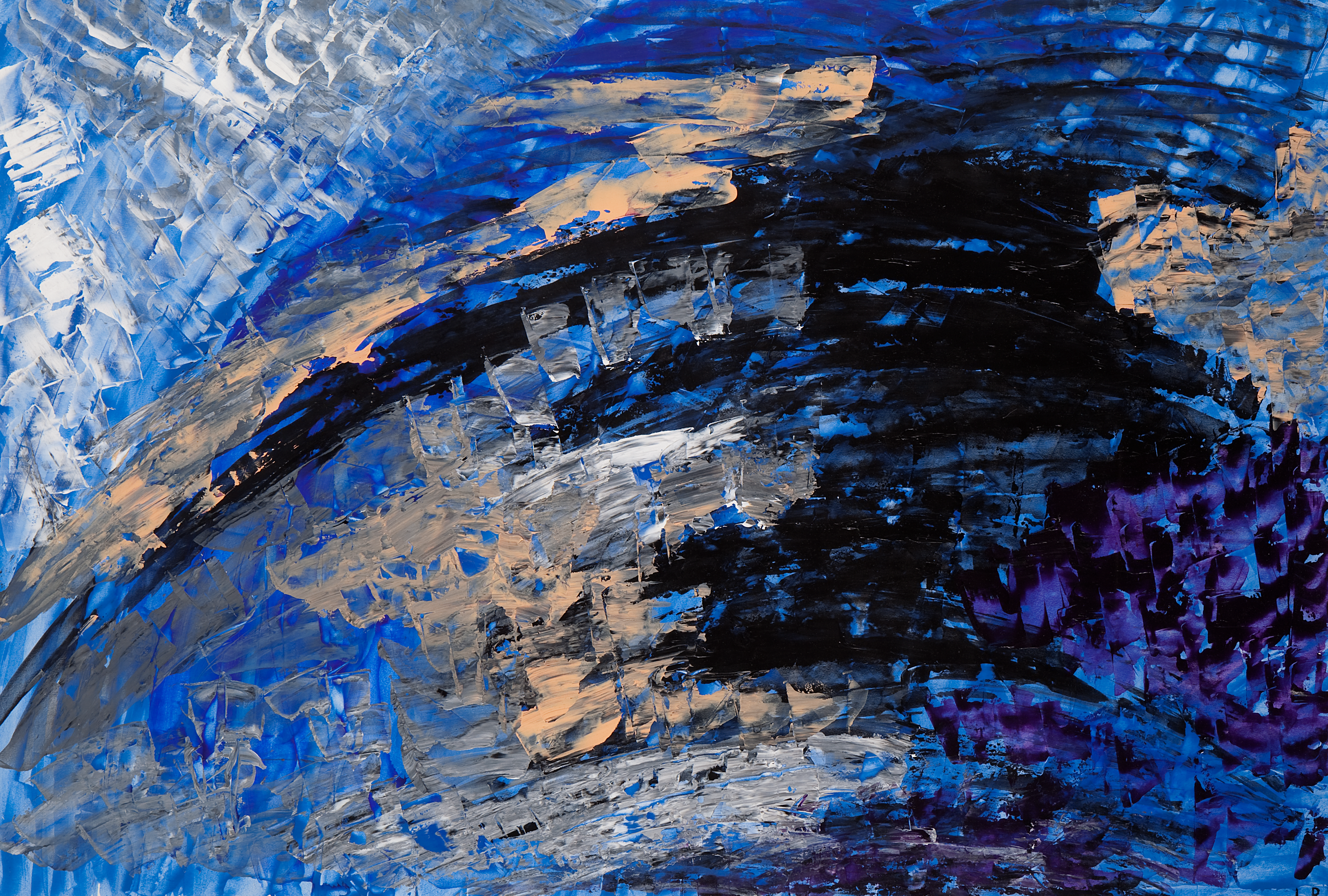
One of the distinctive features of twentieth-century musical culture is the intense publishing activity of its composers. A significant part of this is the theoretical reflection that can be manifested in didactics, conferences, radio and television broadcasts, articles for newspapers and magazines as well as treatises. Such reflection reveals the horizon of starting questions from which composers conceived and created their works; it also refers to the general context of music theory and to the even more general context of the history of thought.
This event takes its cue from the Leçons de musique that Pierre Boulez held at the Collège de France over the years 1976-1995; in the various cycles of lectures, the composer addressed the fundamental nodes of twentieth- century compositional technique from a historical and retrospective perspective, presenting not only his own view of the historical process but also providing a series of valuable stimuli for musicological exegesis.
From this model, the historical approach may be derived first and foremost, as well as the investigation of compositional questions right from
their origins and the various answers they received over the decades. In contrast to the ex cathedra approach of Boulez’s lectures, the conference intends to adopt a dialogical approach at various levels. The concepts of form, instrument, sound and timbre will be discussed alternately by two composers who have been at the centre of international interest for decades thanks to their works, their teaching and publishing activities: Agostino Di Scipio and Marco Stroppa. In turn, they will establish a dialogue with Mark Delaere and Ulrich Mosch, internationally renowned musicologists with a wealth of music theory, as well as with a group of young composers and musicologists.
The event will conclude with a concert by the mdi ensemble performing works by the two composers.
Call for applications Research-led Performance
Deadline: 25 October 2024
Composer – Instrument – Performer Violoncello Solo in the Second Half of the 20th Century
The workshop is aimed at young cellists with a strong ability to understand and interpret research and experimental music.
The program includes both practical and theoretical sessions, as well as a final concert featuring performances by a select group of workshop participants. The practical sessions will be led by Lucas Fels, while the theoretical sessions, open to the public, will be given by musicologists Gianmario Borio (Director of the Institute of Music and Professor at the University of Pavia), Francisco Rocca (scientific collaborator at the Institute of Music) and Francesca Scigliuzzo (doctoral student at the University of Udine).
The workshop will take place at Fondazione Giorgio Cini on the Island of San Giorgio Maggiore in Venice, Italy, from 3 to 6 December 2024.
Applications must be submitted via email (concorsimusica@cini.it) no later than 25th October 2024.
WorkshopVioloncelloBandoING_DEF (dec)
Dimensions of Current Compositional Practice: Composers in Dialog with Musicologists
16-18 July 2024
Fondazione Giorgio Cini, Venice
Application deadline: 30 April 2024
One of the distinctive features of twentieth-century musical culture is the intense publishing activity of its composers. A significant part of this is the theoretical reflection that can be manifested in didactics, conferences, radio and television broadcasts, articles for newspapers and magazines as well as treatises. Such reflection reveals the horizon of starting questions from which composers conceived and created their works; it also refers to the general context of music theory and to the even more general context of the history of thought.
This event takes its cue from the Leçons de musique that Pierre Boulez held at the Collège de France over the years 1976-1995; in the various cycles of lectures, the composer addressed the fundamental nodes of twentieth-century compositional technique from a historical and retrospective perspective, presenting not only his own view of the historical process but also providing a series of valuable stimuli for musicological exegesis. From this model, the historical approach may be derived first and foremost, as well as the investigation of compositional questions right from their origins and the various answers they received over the decades. In contrast to the ex cathedra approach of Boulez’s lectures, the conference intends to adopt a dialogical approach at various levels. The concepts of form, instrument, sound and timbre will be discussed alternately by two composers who have been at the centre of international interest for decades thanks to their works, their teaching and publishing activities: Agostino Di Scipio and Marco Stroppa. In turn, they will establish a dialogue with Mark Delaere and Ulrich Mosch, internationally renowned musicologists with a wealth of music theory, as well as with a group of young composers and musicologists. The coordination of the different phases falls to the director of the Institute for Music: Gianmario Borio.
A concert by the mdi ensemble performing works by the two composers will conclude the seminar.
The language of the seminar is English.
The call is aimed at 12 composers and/or musicologists with scholarships and 12 composers and/or musicologists without scholarships with marked theoretical interests and musicologists engaged in research on the music of the 20th and 21st centuries. Particular attention will be paid to candidates in the initial phase of their career (composition diploma, doctorate in musicology, etc.). The commission will also take into account the international composition of the seminar and the greatest possible balance between genders.




